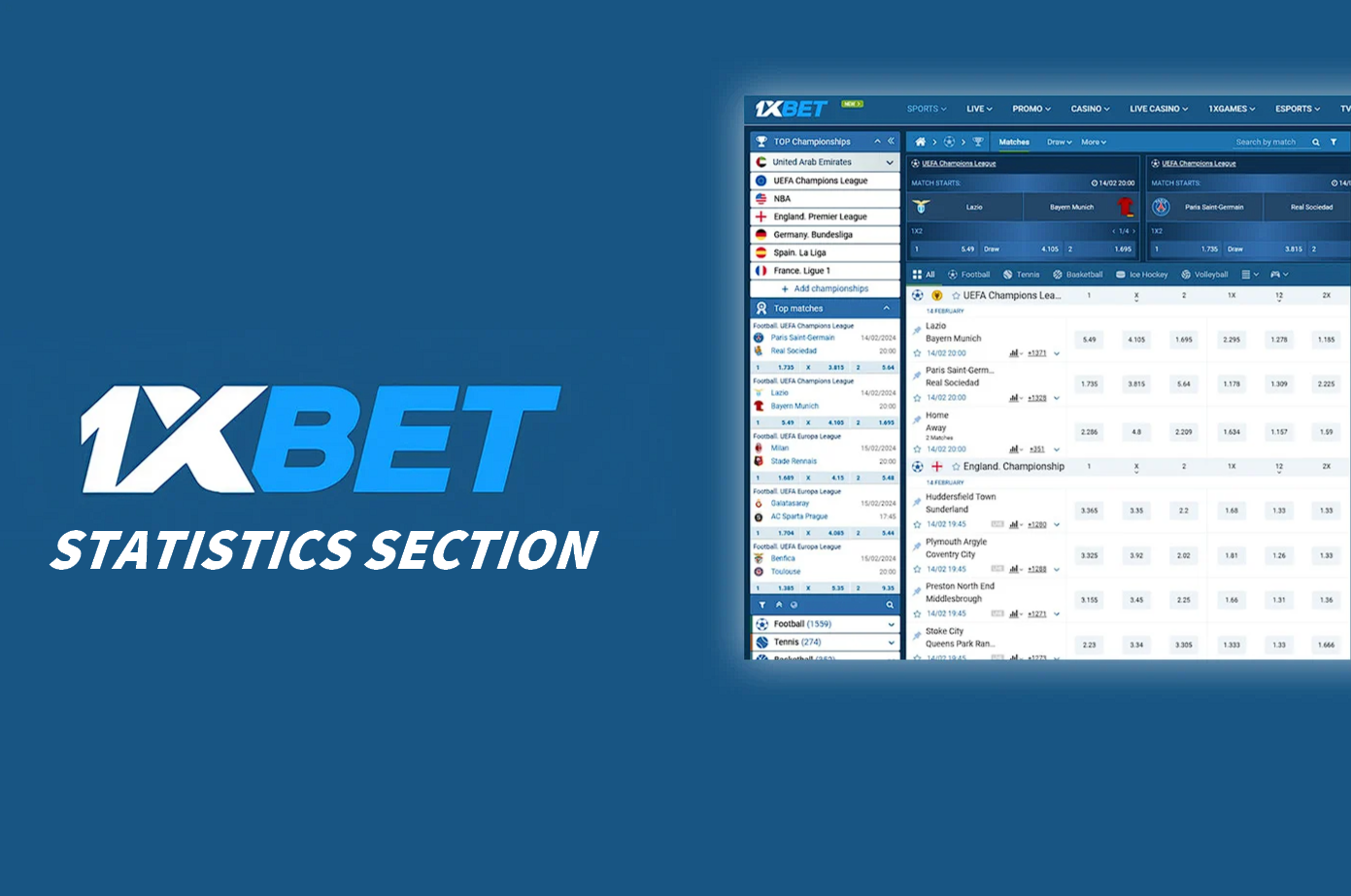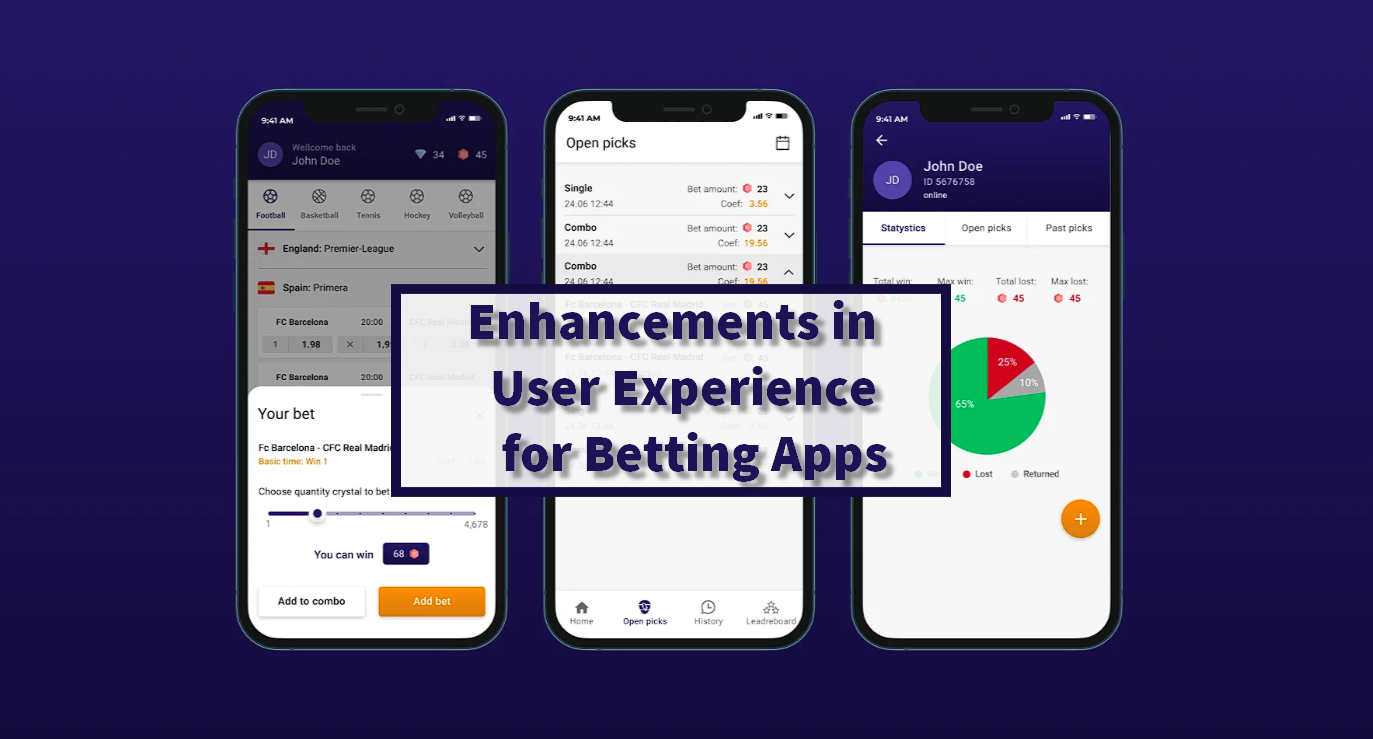Betting has evolved significantly over the years, transitioning from a game of chance to a strategic endeavor driven by data and analytics. For bettors looking to maximize their wins and minimize losses, understanding the role of analytics is crucial. This article delves into how analytics can enhance betting strategies, the types of data to consider, and the tools available to bettors.
The Evolution of Betting: From Luck to Strategy
In the past, betting was often seen as a matter of luck. Bettors would place wagers based on gut feelings or basic knowledge of the sport. However, the landscape has shifted dramatically with the advent of big data and advanced analytics. Today, successful betting is more about strategy and informed decision-making than mere luck.
The Shift Towards Data-Driven Betting
The integration of analytics into betting has been a game-changer. Bettors now have access to a wealth of data that can inform their decisions. This data includes:
- Historical performance of teams and players
- Injury reports and player statistics
- Weather conditions and their impact on performance
- Odds movements and market trends
By analyzing this data, bettors can identify patterns and trends that can significantly improve their chances of placing winning bets.
Types of Analytics in Betting
Analytics in betting can be broadly categorized into several types, each serving a unique purpose in enhancing betting strategies.
Descriptive Analytics
Descriptive analytics involves the collection and summarization of historical data to understand what has happened. For bettors, this means looking at past performance metrics, such as:
- Win/loss records
- Goal averages
- Player statistics (e.g., goals, assists, saves)
This type of analytics helps bettors understand the baseline performance of teams and players, providing a foundation for more advanced analysis.

Predictive Analytics
Predictive analytics uses historical data to forecast future outcomes. This is where bettors can gain a significant edge. By employing statistical models and machine learning algorithms, bettors can predict:
- The likelihood of a team winning
- The probability of specific events (e.g., goals, corners, cards)
- The impact of external factors (e.g., weather, injuries)
Predictive analytics allows bettors to make more accurate predictions and identify value bets that the market may have overlooked.
Prescriptive Analytics
Prescriptive analytics goes a step further by recommending actions based on predictive insights. For bettors, this means receiving tailored advice on:
- Optimal bet types (e.g., moneyline, spread, over/under)
- Bet sizing and risk management
- Timing of bets to capitalize on odds movements
This type of analytics provides bettors with a roadmap for maximizing their returns and minimizing risks.
Tools and Techniques for Betting Analytics
To leverage the power of analytics in betting, bettors need the right tools and techniques. Here are some essential resources:
Data Sources
Reliable data is the cornerstone of effective analytics. Bettors can access data from various sources, including:
- Sports statistics websites (e.g., Opta, WhoScored)
- Betting exchanges and bookmakers (e.g., Betfair, Pinnacle)
- Social media and news outlets for real-time updates
Analytical Software
Several software tools can help bettors analyze data and make informed decisions. Some popular options include:
- Excel/Google Sheets: For basic data analysis and visualization
- R and Python: For advanced statistical analysis and machine learning
- Tableau: For creating interactive dashboards and visualizations
Betting Models
Developing or using existing betting models can enhance the accuracy of predictions. Some commonly used models include:
- Poisson Distribution: For predicting the number of goals in a match
- Elo Rating System: For ranking teams based on performance
- Monte Carlo Simulations: For simulating various outcomes and assessing probabilities
Practical Tips for Using Analytics in Betting
To effectively use analytics in betting, consider the following tips:
- Start Simple: Begin with basic descriptive analytics to understand historical performance before moving on to more complex predictive and prescriptive analytics.
- Stay Updated: Keep your data and models up-to-date to account for recent trends and changes in team dynamics.
- Diversify Your Data Sources: Rely on multiple data sources to get a comprehensive view and reduce the risk of biased information.
- Test Your Models: Continuously test and refine your models to ensure they remain accurate and reliable.
- Manage Risk: Use analytics to inform your bet sizing and risk management strategies to protect your bankroll.
Conclusion
The role of analytics in successful betting cannot be overstated. By leveraging descriptive, predictive, and prescriptive analytics, bettors can make more informed decisions, identify value bets, and maximize their returns. With the right tools and techniques, analytics can transform betting from a game of chance into a strategic and profitable endeavor.




